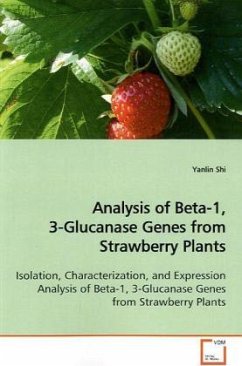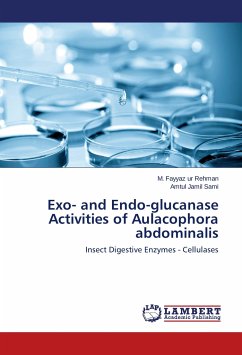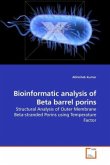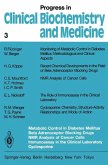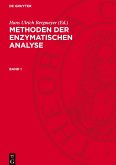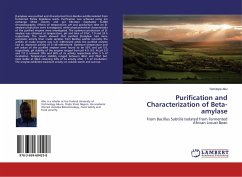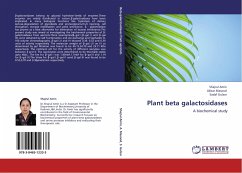Plant beta-1, 3-glucanases are pathogenesis-related
proteins, which are implicated in plant defense
responses against pathogen infection.
Two genomic clones, FaBG2-1 and FaBG2-2, and a cDNA
clone, FaBG2-3, encoding three different beta-1,
3-glucanases, are found in strawberry plants. In this
book, the expression of FaBG2-1 and FaBG2-3 in
strawberry plants infected with Colletotrichum
fragariae and Colletotrichum acutatum--two important
strawberry fungal pathogens--are examined. High
levels of induction of both genes were observed in
plants infected with C. fragariae, whereas lower
levels of induction were observed in plants infected
with C. acutatum. The expression of FaBG2-3 was much
greater than FaBG2-1 in both the uninfected and the
infected plants.
The expressions of FaBG2-1 and FaBG2-3 in leaves,
crowns, and roots were also examined at different
time points during a 7 month growth period. Different
organs showed different expression patterns for the
two genes. This research shows that beta-1,
3-glucanase in strawberry plant may play an
important roles in plant defense and development.
proteins, which are implicated in plant defense
responses against pathogen infection.
Two genomic clones, FaBG2-1 and FaBG2-2, and a cDNA
clone, FaBG2-3, encoding three different beta-1,
3-glucanases, are found in strawberry plants. In this
book, the expression of FaBG2-1 and FaBG2-3 in
strawberry plants infected with Colletotrichum
fragariae and Colletotrichum acutatum--two important
strawberry fungal pathogens--are examined. High
levels of induction of both genes were observed in
plants infected with C. fragariae, whereas lower
levels of induction were observed in plants infected
with C. acutatum. The expression of FaBG2-3 was much
greater than FaBG2-1 in both the uninfected and the
infected plants.
The expressions of FaBG2-1 and FaBG2-3 in leaves,
crowns, and roots were also examined at different
time points during a 7 month growth period. Different
organs showed different expression patterns for the
two genes. This research shows that beta-1,
3-glucanase in strawberry plant may play an
important roles in plant defense and development.

